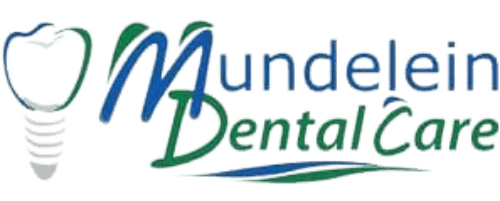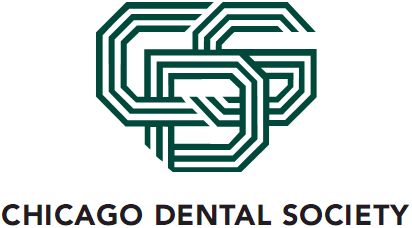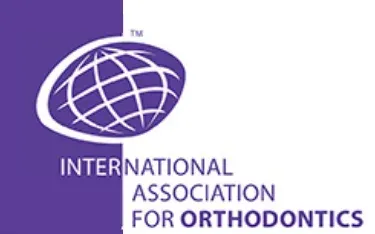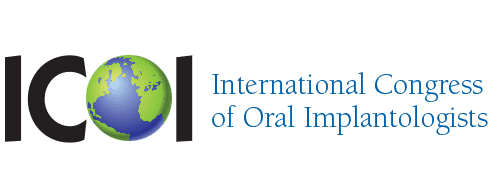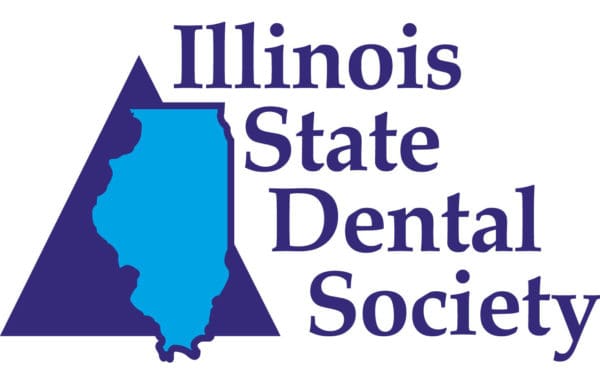Reasons for Tooth Extraction
Tooth extractions are a common dental procedure often necessary when a tooth is too damaged or decayed to be repaired. At Mundelein Dental Care, the focus is on preserving natural teeth whenever possible; however, extractions are performed when essential for the overall health of the mouth. Reasons for tooth extraction include severe tooth decay, infection, overcrowding, or preparation for orthodontic treatment. Each case is carefully evaluated to ensure that extraction is the most beneficial option for the patient’s oral health.
Tooth Extractions in Mundelein are expertly handled by the skilled team at Mundelein Dental Care, led by Dr. John and Dr. Tom. This practice utilizes the latest dental techniques and technology to ensure that the procedure is as comfortable and efficient as possible. Understanding the reasons behind the need for extraction can help patients feel more at ease with the process and promote quicker recovery times.
Types of Tooth Extractions
At Mundelein Dental Care, understanding the different types of tooth extractions is crucial to providing specialized care tailored to each patient’s needs. Generally, extractions are categorized into two main types: simple extractions and surgical extractions. Simple extractions are performed on teeth that are visible and easily accessible in the mouth, typically requiring only dental forceps and a minimal amount of force. Surgical extractions, on the other hand, involve teeth that cannot be easily accessed because they have not fully erupted or are broken under the gum line. This procedure may require incisions and is performed by Dr. John and Dr. Tom, who specializes in handling complex cases with precision and care.
Each type of extraction at Mundelein Dental Care is conducted using state-of-the-art technology to ensure maximum comfort and effectiveness. The practice employs advanced techniques and tools to minimize discomfort and promote a speedy recovery. Whether it’s a wisdom tooth removal or the extraction of a damaged tooth, the focus is always on providing a safe, hygienic, and welcoming environment for all dental procedures. With a commitment to personalized patient care, Mundelein Dental Care ensures that every extraction procedure is as pain-free and efficient as possible, helping patients return to their daily activities with confidence and ease.
Post-Extraction Care Tips
At Mundelein Dental Care, ensuring a smooth and comfortable recovery after tooth extractions is a top priority. Dr. John and Dr. Tom recommends following specific post-extraction care tips to minimize discomfort and accelerate the healing process. After your procedure, it is crucial to rest and avoid any strenuous activities for at least 24 hours. This helps to reduce bleeding and allows the formation of a clot at the extraction site. Additionally, patients are advised to stick to a soft or liquid diet and avoid using a straw, as the suction can dislodge the clot forming in the socket.
Maintaining oral hygiene is essential but should be approached gently near the extraction site. Mundelein Dental Care suggests rinsing with warm salt water 24 hours after the procedure to aid in healing and reduce the risk of infection. It’s important to continue brushing and flossing your teeth, but avoid the extraction area during the initial healing phase to prevent irritation. Dr. John and Dr. Tom and the team at Mundelein Dental Care are committed to providing comprehensive guidance and support throughout your recovery process.
Common Extraction Complications
Tooth extractions, while common, can sometimes lead to complications that require careful management. At Mundelein Dental Care, Dr. John and Dr. Tom is well-versed in addressing issues such as dry socket, infection, and nerve damage. These complications, though rare, are handled with the highest standard of care, ensuring that every patient experiences a smooth recovery process.
Understanding the risks associated with tooth extractions can help patients prepare for and effectively manage any post-procedure issues. With a focus on patient education, Mundelein Dentist ensures that individuals are well-informed about their treatment options and what to expect during the healing phase. This proactive approach helps minimize discomfort and accelerates the healing process, allowing patients to return to their daily routines as quickly as possible.
Recovery Time Expectations
Understanding the recovery time after a tooth extraction is crucial for patients to manage their schedules and expectations effectively. Typically, the initial healing period, where the soft tissue begins to close, can take one to two weeks. However, it’s important to note that the socket where the tooth was removed will continue to heal over the subsequent months. Patients are advised to follow specific post-operative care instructions to ensure a smooth and swift recovery process.
The duration of recovery can vary depending on several factors, including the complexity of the tooth removal, the patient’s overall health, and adherence to post-extraction care guidelines. Simple extractions generally have a quicker recovery time than surgical extractions, which may involve removing gum tissue or bone. To aid in a speedy recovery, it is recommended to avoid strenuous activities, follow a soft diet, and maintain oral hygiene by gently rinsing with salt water.
Book Your Mundelein Tooth Extraction Appointment!
Don’t wait any longer if you’re experiencing discomfort or need a tooth extraction. Contact Mundelein Dental Care now at 847-566-5560 or visit our Contact Us page to schedule your appointment. You can also read what our satisfied patients have to say on Google Maps.
